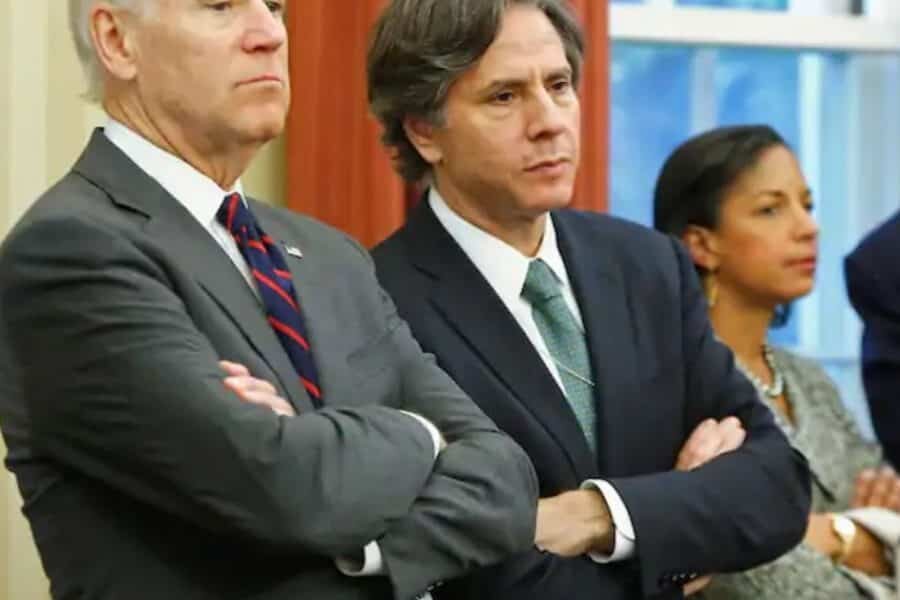By Ian Talley
October. 19, 2021
 The policy overhaul marks a potential turning point in US foreign policy, when successive administrations turned to sanctions they saw as misdemeanors and pushed foreign governments to follow US interests. The number of sanctions imposed on governments, businesses, officials and others has increased 10-fold over the past two decades – a trend that culminated in the Trump administration, which blacklisted opponents more frequently than in the previous administration.
The policy overhaul marks a potential turning point in US foreign policy, when successive administrations turned to sanctions they saw as misdemeanors and pushed foreign governments to follow US interests. The number of sanctions imposed on governments, businesses, officials and others has increased 10-fold over the past two decades – a trend that culminated in the Trump administration, which blacklisted opponents more frequently than in the previous administration.
Many foreign governments, including some allies, have often criticized their use as a form of poor policy and prolonged justice. Sanctions advocates have also questioned their effectiveness and are concerned about undermining US global power and the creation of alternative financial systems and the use of cryptocurrencies beyond US reach.
Some point to the failure of the Trump administration to prevent Iran from enriching nuclear material, remove long-time rulers of Venezuela, prevent North Korea from testing ballistic missiles, or prevent Russia from interfering in US elections. .
The sanctions have at times proved effective in achieving US foreign policy goals, and defenders say they represent an alternative to force, especially as the Trump administration sought to reduce the US military footprint overseas. Former Trump officials have also said that relying on international consensus and waiting for allies would undermine US national security.
Deputy Treasury Secretary Edvale Adamo, who led a review of the Biden administration sanctions, said the new approach is “to ensure that the sanctions remain an effective national security tool.”
As part of the review, officials examined past actions and found that the stringent questioning before imposing the sanctions has a higher chance of success, officials said.
Officials said another key issue of the Biden administration’s strategy is to gain international cooperation for sanctions regimes, rather than go it alone, to reduce channels for piracy from the targets of sanctions.
Officials said the new investigation process will examine the potential impact of sanctions on financial markets, economies and vulnerable populations. A Treasury official said the new investigation would be similar to the administrative procedures required to approve the use of military force.
The Biden administration has already scaled back the use of sanctions since taking office in January. According to Treasury data collected by the Democratic-leaning think tank Center for a New American Security, about 450 people, companies and other entities have been blacklisted over that time period, half of those imposed during the first year of the Trump administration. less than . Washington.
CNAS researcher Jason Bartlett said those numbers suggest the Biden administration is more hesitant to automatically respond to foreign policy challenges with sanctions.
Sanctions “will continue to play an important role in leveraging American power,” Mr Bartlett said. “They would rather go ahead with sanctions as a force multiplier in their foreign policy strategy,” he said.
The administration said it has considered rolling back economy-crippling Iran sanctions imposed by the Trump administration and prioritized humanitarian exemptions for Venezuela, Iran and Afghanistan. It also said that it plans to specifically target the use of crypto markets for human rights abuses, corruption and illicit finance.
 Ian Talley ian.talley@Businesshala.com . Feather
Ian Talley ian.talley@Businesshala.com . Feather
.















